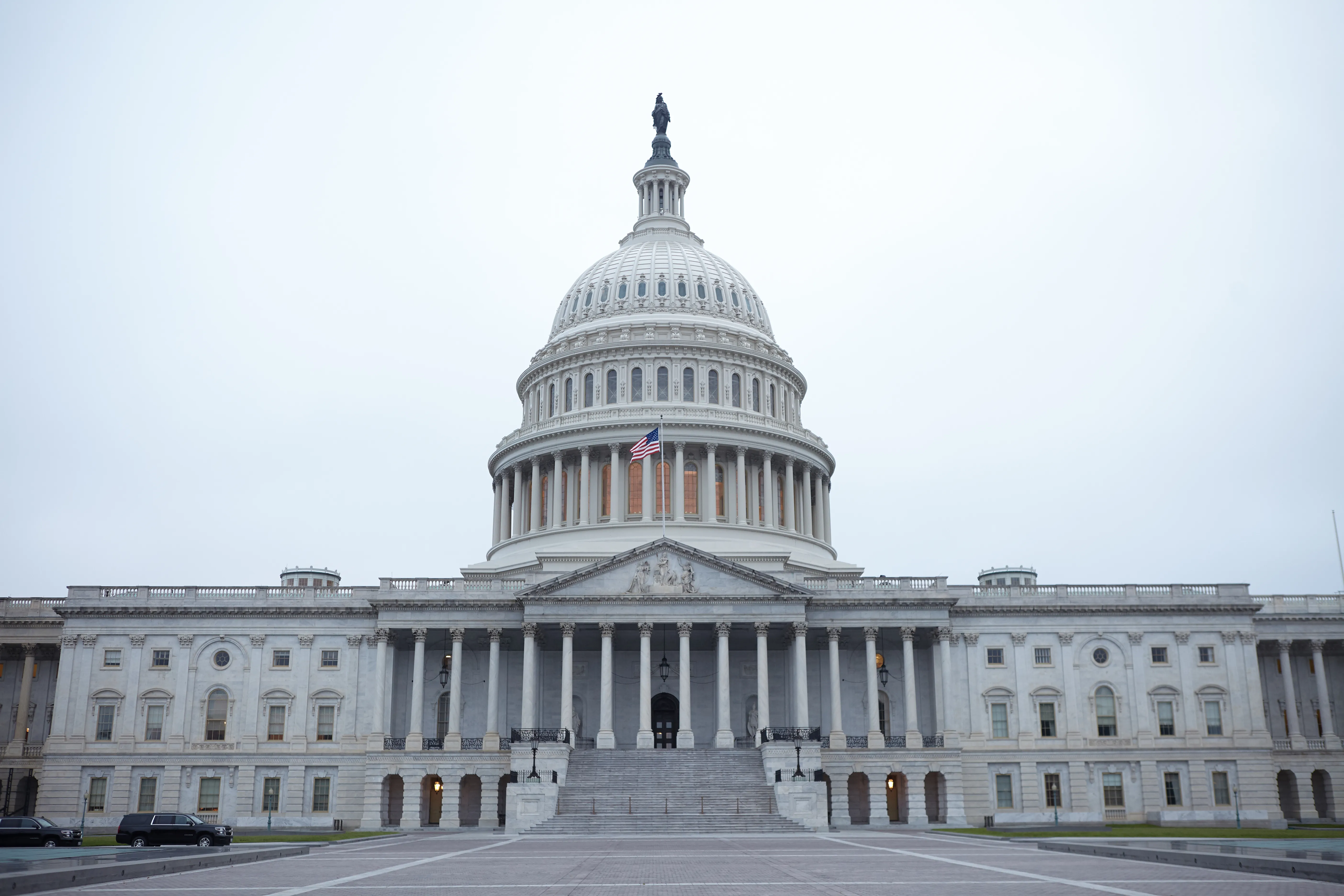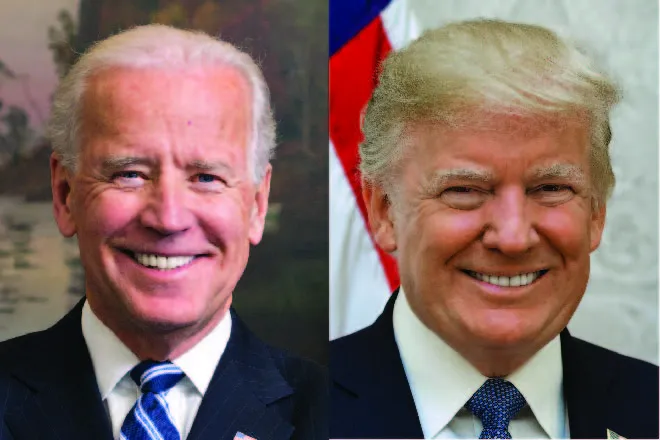
Ron DeSantis dropping migrants off on Martha’s Vineyard may be illegal
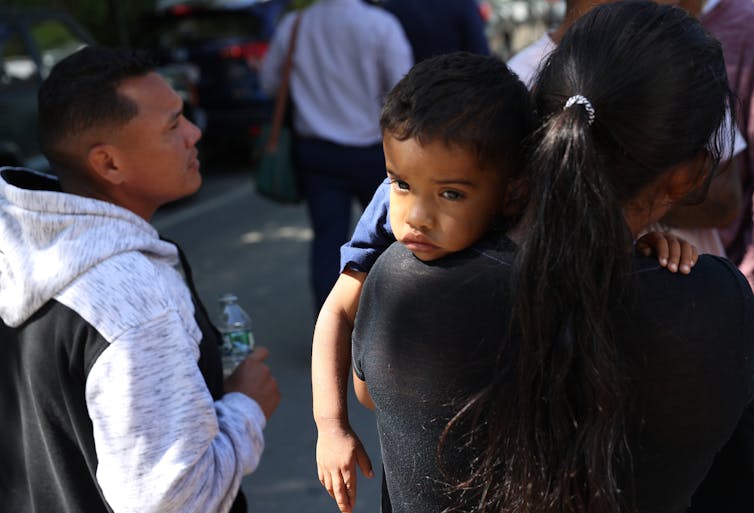
Jean Lantz Reisz, University of Southern California
The unexpected arrival of approximately 50 Colombian and Venezuelan migrants on Martha’s Vineyard, Massachusetts, on Sept. 14, 2022, has prompted legal questions about how and why, exactly, Florida Gov. Ron DeSantis chartered planes to drop them in this unlikely destination.
The move is part of a broader campaign by Republican politicians to transport large numbers of migrants to liberal states and cities.
Since then, Massachusetts Gov. Charlie Baker has activated 125 National Guard members to help distribute food and other necessities to the migrants, now living at a Cape Cod military base.
And a Texas county sheriff announced Sept. 20 that he was launching an investigation into allegations that a Venezuelan migrant was paid to recruit the other migrants for the trip. Lawyers for 30 of the migrants have been asking for a legal investigation into what they call a “political stunt.”
Many of the migrants said they were falsely promised housing, jobs and expedited work permits if they boarded planes in Texas set for Massachusetts – a likely preferred alternative to the San Antonio shelter where they were temporarily staying.
As an immigration law professor, I think it is important to understand that the answer to whether it is legal to move migrants potentially against their will and transport them across states is complicated and depends on several unknown factors.
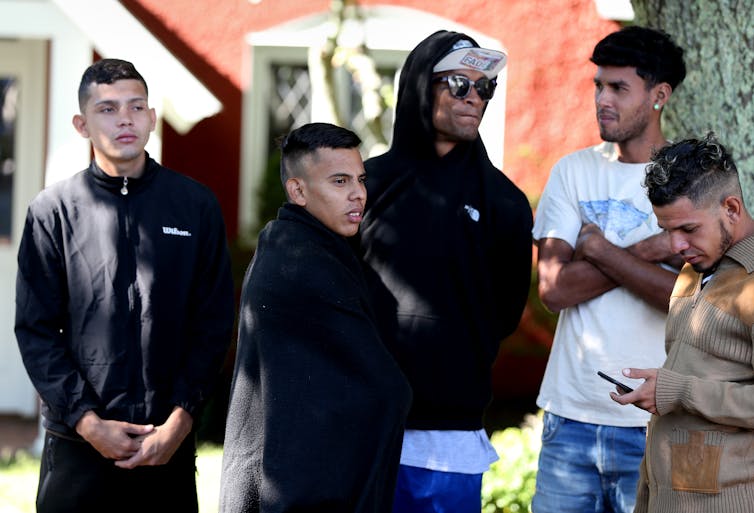
The intent behind the drop-off
First, there is an open question of whether the migrants were illegally staying in the United States at the time they were transported to Martha’s Vineyard.
There is a federal law, called 8 U.S.C. § 1324, that criminalizes transporting an undocumented migrant anywhere within the U.S. if the migrant has entered the U.S. unlawfully or remains in the country without a visa or other documentation. This law also prohibits someone from even helping or planning to transport undocumented migrants.
But someone who is found guilty of this law must have also known – and disregarded the fact – that the migrants were in the U.S. without legal paperwork or other permission from immigration officials.
Transporting consenting migrants who have the paperwork to be in the U.S. is legal. But certain factors – like DeSantis’ intent and knowledge of the migrants’ immigration status – could create potential civil and criminal liability.
The migrants might legally be in the U.S.
One key issue, then, is whether the migrants are legally authorized to be in the U.S. – and if not, whether DeSantis, his team and the charter airplane company helped the migrants illegally stay in the U.S. by flying them to Martha’s Vineyard.
Some of the migrants are reportedly asylum seekers and not “illegal immigrants,” as DeSantis’ office has said.
Generally, a migrant who is seeking asylum in the U.S. is not violating immigration law. That is because immigration asylum law authorizes migrants to enter the U.S. and apply for asylum – meaning that they ask for the legal right to stay in the U.S. because they have legitimate fears of returning to their own countries.
Asylum seekers are allowed to temporarily stay in the U.S. while they await an immigration judge’s decision on their asylum application. Migrants might also get temporary permission to stay in the U.S. for other humanitarian reasons.
It is unknown how many of the migrants flown to Martha’s Vineyard were authorized to remain in the country or have pending asylum applications.
Moving migrants within the US
Another major question is whether transporting migrants could somehow help or promote their potentially undocumented immigration status.
In 1999, for example, a U.S. federal court of appeals determined that an individual transporting two undocumented migrants from New Mexico to Colorado in search of employment violated immigration law, since the move advanced the undocumented migrants’ unlawful presence in the U.S.
Perhaps there is evidence that DeSantis, or members of his team, helped or advanced the migrants’ unlawful entry or continued illegal presence in the U.S. by transporting them to a sanctuary location within Massachusetts.
Ultimately, DeSantis’ decision to fly migrants to Massachusetts likely frustrated the Biden administration’s immigration law enforcement. Randomly moving migrants across states makes it harder for the government to process asylum applications and to deport migrants who are not eligible for asylum.
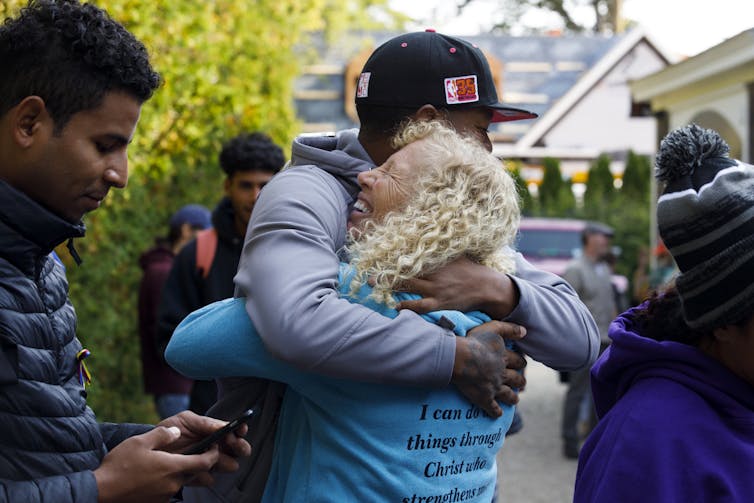
The known unknowns
Other factors could determine whether DeSantis potentially violated human trafficking laws, as some immigrant advocates have said.
This includes what the migrants were told – and by whom. Deceiving people and then moving them from one place to another could constitute kidnapping. Falsely promising available work permits is also illegal.
Human trafficking, according to U.S. law, must include exploitation resulting in some kind of material gain. While there is nothing to indicate that DeSantis received compensation for flying the migrants to Massachusetts, the private airplane charter company did receive money to transport them.
The identities and knowledge of the government officials involved in the entire Martha’s Vineyard scheme have not been publicly released.
A formal investigation into the migrants’ individual circumstances – and an examination of those involved with the flight to Martha’s Vineyard – could determine whether this incident resulted in legal violations of civil or criminal laws.![]()
Jean Lantz Reisz, Supervising Attorney, USC Immigration Clinic and Adjunct Assistant Professor of Law, University of Southern California
This article is republished from The Conversation under a Creative Commons license. Read the original article.

